
This is a drastic requirement to maintain and expand the market for Vietnamese goods.
According to the Ministry of Agriculture and Environment , in the past eight months, the export turnover of agricultural, forestry and fishery products reached 45.37 billion USD, up 12% over the same period. While coffee and cashew nuts increased sharply in turnover, some key products such as rice and vegetables continued to decline.
Tighten management of growing area codes
Mr. Ngo Hong Phong, Director of the Department of Quality, Processing and Market Development (Ministry of Agriculture and Environment) said that in the last months of the year, the increase in regulations on quarantine, food safety control, and origin of import markets is an important factor, directly affecting the export turnover of agricultural, forestry and fishery products nationwide. Meanwhile, the implementation of traceability of agricultural products in localities still faces many barriers and challenges.
According to Nguyen Hoang Phuc, Deputy Director of the Department of Agriculture and Environment of Lam Dong province, by the end of July 2025, the total export turnover of agricultural products in the province is estimated to reach more than 600 million USD. For the main product of dragon fruit, the whole province has been granted 587 growing area codes with an area of 25,981 hectares (accounting for 100% of the dragon fruit area in the province) and 268 packaging facility codes. With durian, Lam Dong currently has the largest durian area in the country, with harvest time spread throughout the year, which is an advantage for developing the industry.
However, the use of growing area codes and packing facility codes by organizations and individuals that have not been strictly managed has greatly affected the quality of exported durian, leading to the risk of being warned by China and having the export code closed.
“Some households and cooperatives do not understand the importance of production diaries, leading to recording and updating farming records in a perfunctory manner, not reflecting actual production, thereby causing difficulties in determining the origin of residual chemicals on products (if any).
Increasing regulations on quarantine, food safety control, and origin of import markets are important factors that directly impact the export turnover of agricultural, forestry, and fishery products nationwide. Meanwhile, the implementation of traceability of agricultural products in localities still faces many barriers and challenges.
Mr. Ngo Hong Phong, Director of Department of Quality, Processing and Market Development (Ministry of Agriculture and Environment)
Meanwhile, the work of managing and regularly monitoring the subjects of growing areas and packing facilities after granting codes has not received due attention. Monitoring enterprises that have been authorized to have codes for growing areas and codes for packing facilities for exporting durian also faces many difficulties, especially enterprises authorized to export outside the province.
Therefore, the Department recommends that the Ministry of Agriculture and Environment soon issue a circular on managing growing area codes and packaging facilities to ensure transparency in the origin of products from growing areas, avoiding fraudulent cases of using growing area codes of one province to stick on goods for other provinces," Mr. Phuc added.
Meanwhile, in An Giang province, in the first six months of the year, the whole province issued 105 new growing area codes with 4,738.01 hectares.
The total number of codes in the province so far is 1,280 with 46,264.13 hectares; of which, 712 codes are exported; 127 codes are domestic; 441 codes are internally managed. Also in the first six months of the year, the authorities have monitored 229 export growing area codes and revoked 13 codes with 141.11 hectares due to violations of regulations and misuse of the main related products, mango and durian.
Prevent and handle violations of chemical residues
In Official Dispatch No. 150/CDTTg on enhancing traceability, ensuring the quality and reputation of exported Vietnamese agricultural, forestry and fishery products, the Prime Minister requested the Chairmen of People's Committees of provinces and cities to immediately deploy measures to prevent and handle violations of chemical residues.
For the aquatic product chain, strictly handle establishments that produce, import, and trade aquatic veterinary drugs that trade in prohibited products, products not on the list of products allowed for circulation, and aquaculture facilities that are determined to violate regulations on the use of veterinary drugs, chemicals, and antibiotics in aquaculture.
In Official Dispatch No. 150/CDTTg on enhancing traceability, ensuring the quality and reputation of exported Vietnamese agricultural, forestry and fishery products, the Prime Minister requested the Chairmen of People's Committees of provinces and cities to immediately deploy measures to prevent and handle violations of chemical residues.
For the crop and plant production chain, strictly handle growing areas and packaging facilities that use chemicals not on the list of permitted chemicals, banned chemicals, and cases of non-compliance with the requirements of the importing country, non-compliance with traceability regulations... In 2025, request the Ministry of Agriculture and Environment to issue and deploy food safety control procedures in the entire production chain of crop and livestock products, focusing on monitoring the use of pesticides, antibiotics, and food additives.
Assessing these as urgent requirements, Nong Duc Lai, Trade Counselor of the Vietnam Trade Office in China, said that recently, Chinese authorities have increased on-site inspections of foreign food production facilities/enterprises exporting to China; applied strong sanctions to businesses violating food safety regulations such as temporarily suspending imports...
Vietnam is one of the major suppliers of agricultural and aquatic products to the Chinese market, but its agricultural and food products are also among the countries/territories that have been warned a lot. Therefore, Vietnamese enterprises must control everything from farming, processing, preserving to exporting, ensuring traceability at any stage in the production chain.
The representative of the Vietnam Trade Office in the US also said that the US has increased technical requirements for Vietnamese agricultural and aquatic products in terms of quality, sustainable farming and exploitation. To maintain export turnover to the US, Vietnamese enterprises need to build brands based on quality, transparency in traceability; control chemical residues, pesticides; enhance the image of responsibility for human health, animals, plants and the environment. At the same time, strengthen cooperation with domestic enterprises to form a sustainable ecosystem for export.
Source: https://baolamdong.vn/tang-cuong-quan-ly-chat-luong-nong-san-xuat-khau-392288.html



![[Photo] The 4th meeting of the Inter-Parliamentary Cooperation Committee between the National Assembly of Vietnam and the State Duma of Russia](https://vphoto.vietnam.vn/thumb/1200x675/vietnam/resource/IMAGE/2025/9/28/9f9e84a38675449aa9c08b391e153183)

![[Photo] Joy on the new Phong Chau bridge](https://vphoto.vietnam.vn/thumb/1200x675/vietnam/resource/IMAGE/2025/9/28/b00322b29c8043fbb8b6844fdd6c78ea)

![[Photo] High-ranking delegation of the Russian State Duma visits President Ho Chi Minh's Mausoleum](https://vphoto.vietnam.vn/thumb/1200x675/vietnam/resource/IMAGE/2025/9/28/c6dfd505d79b460a93752e48882e8f7e)
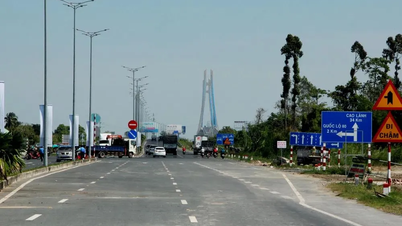

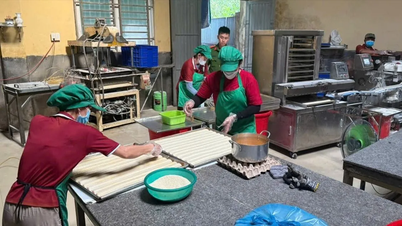
















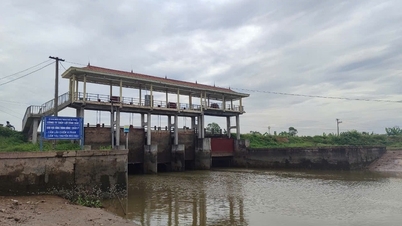




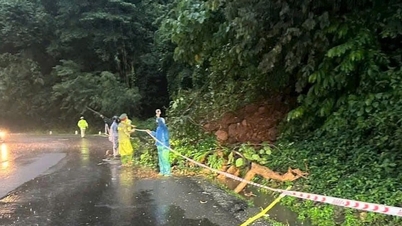

![[Photo] Dak Lak is brilliant with flags and flowers to welcome the Provincial Party Congress...](https://vphoto.vietnam.vn/thumb/402x226/vietnam/resource/IMAGE/2025/9/28/dbbfec0f2aed45368d20b6bca6cb99c6)
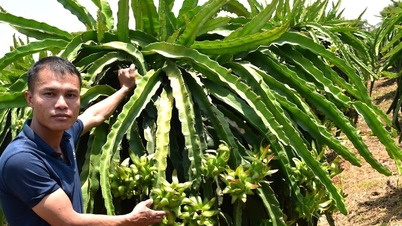



























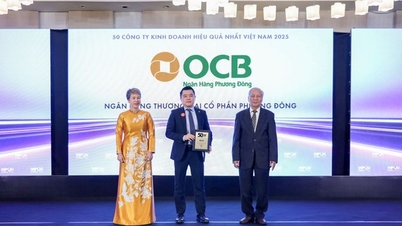


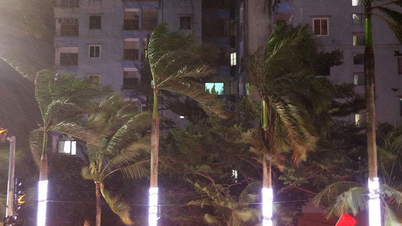
















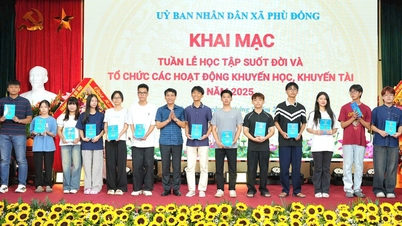
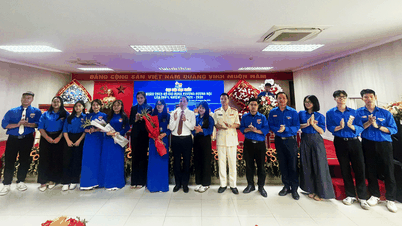
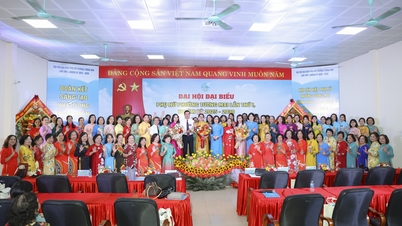















Comment (0)